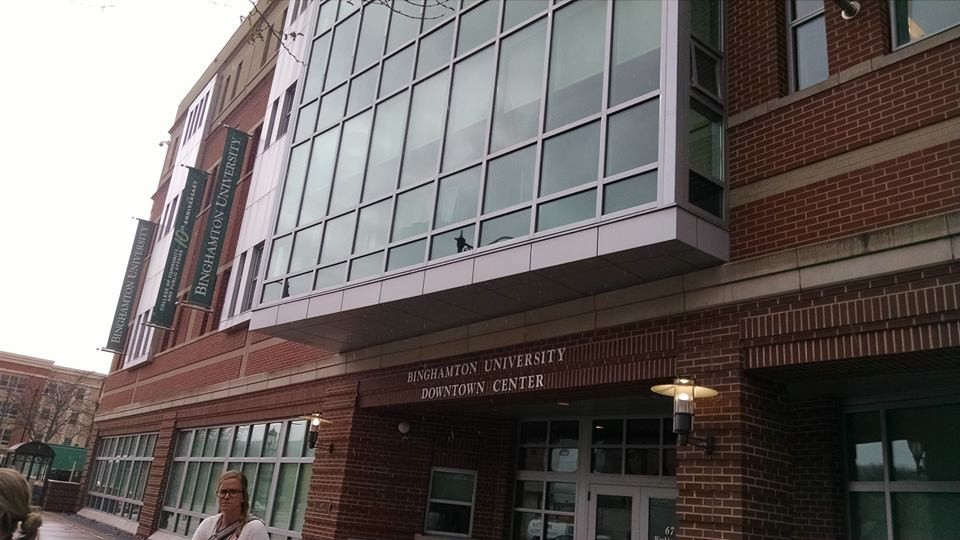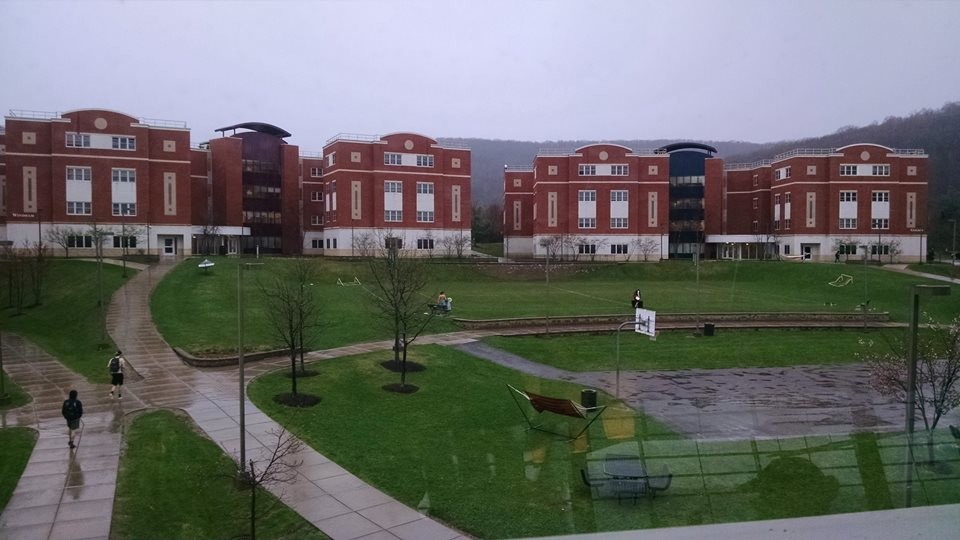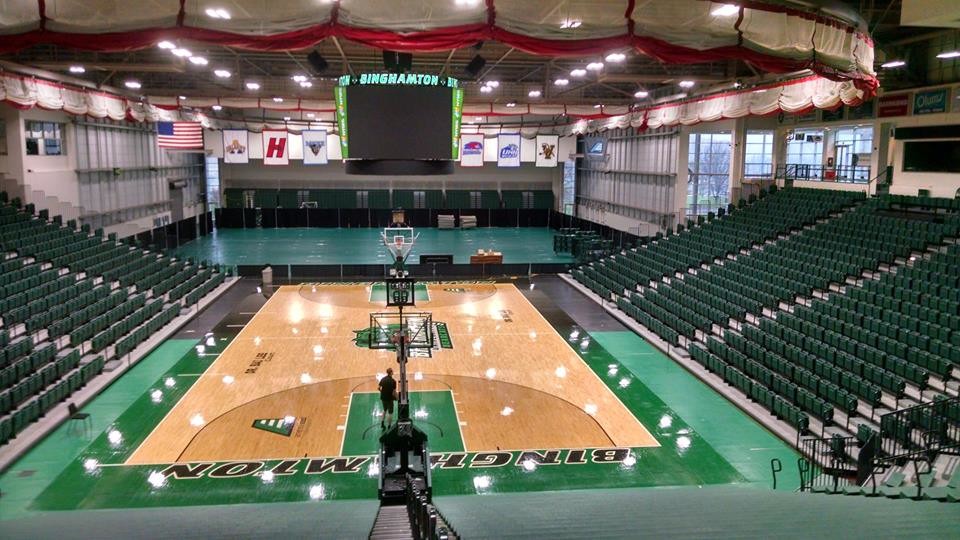What makes Bard College different?
Freshmen Academics - All freshmen come to Bard for three weeks in
August to take the Language and Thinking Program, an introduction to liberal
arts and sciences focusing on writing. They take a two-semester seminar
entitled “What is Freedom? Ancient and Modern.” During the January break, freshmen take a 2.5 week
Citizen Science class in which they learn lab experimentation,
computer-based strategies, and problem-based learning.
Begin in Berlin – Students can spend their first year in Bard’s
campus in Berlin. Students who spend their first year in Berlin take Citizen
Science during January of their sophomore year.
Distribution Requirements – There are distribution requirements in
ten categories.
Classes – The majority of classes are small, arranged around a
table and are discussion-based.
Moderation – To declare a major, students go through a moderation
process in the second half of their sophomore year. Students prepare two
moderation papers assessing their work in their first two years and identifying
their goals and study plan for the remaining two years. These are reviewed by
three faculty members.
Senior Project – All students work on an original, year-long Senior
Project. Students start preparing for this project as a junior.
Trustee Leader Scholar Program – Students can start and staff community
programs to address social issues on the local, regional, national or
international level. These are financed by the college.
Freshman Residential Life – Each of the four community houses has a
faculty member living on campus and helping to develop house programs.
College Architecture – Each building has its own unique style.
Applying – Students can apply using the
Common App or they can use the Bard Entrance Examination, an online essay
application.
General information:
Bard College is a liberal arts and
sciences college of just under 2000 undergraduates in a park-like campus of
about 1000 acres in the Hudson Valley, about 90 minutes from New York City by
car.
In addition to study abroad in
Berlin, students have an opportunity to study abroad in places like Kyrgyzstan,
Hungary, Paris, Ecuador, Cairo, Japan, the Netherlands, and South Korea. A third of
students study abroad.
Research opportunities, in addition
to the senior project are available, especially in math, science, neuroscience, and
the environment. These include a one-semester research opportunity available at
Rockefeller University in New York City for advanced science students.
There are 3+2 and 4+1 opportunities
for dual Bachelors and Masters degrees at Bard, as well as a number of US (e.g.,
Duke, Columbia, Dartmouth) and international universities.
There are over 150 clubs on campus.
Athletic teams compete in NCAA Division III Liberty League. There are club and intramural sports, as well
as hiking and cross country skiing trails on campus. The 69,000 square foot
athletic center includes a pool, squash courts, a gym and more.
The Bard shuttle bus takes students to nearby small towns and to train stations.
There is no merit aid without need
at Bard.











